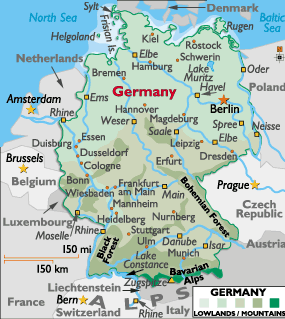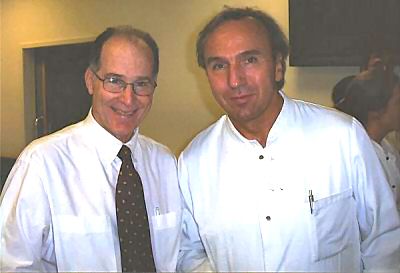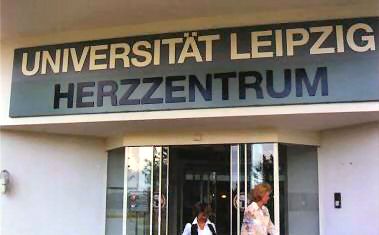 |
Germany 2004

Professor Friedrich W. Mohr,
Chief of Heart Center, Leipzig, Germany

Heart Center - University of Leipzig, Germany |
Germany is today the most populous and affluent democracy in Europe, and one
of the most significant countries on the planet. Germany participated
in, and suffered through, the devastating results of World Wars' I and II,
and many decades of Communist influence. Constantly rebuilding since the
collapse of the Berlin Wall. and the unification of East and West Germany in
1990, it's a very modern, sophisticated country with a fascinating past.
Tourists flock to Germany to visit the stylish cities, legendary medieval
castles, and the hundreds of additional cultural and historic wonders, both
past and present.
| Location: |
51° 00'N, 9° 00'E |
| Population: |
81,904,000 |
| Area: |
349,520 sq km (134,910 sq miles) |
| Terrain: |
flat in the north, covered by the North German Plain. Numerous lakes
cover the northeast corner.
 It's
hilly (with some mountains) in the central and west, rounded mountains
of the Bohemian Forest and Black Forest areas. The far southwest is very
mountainous It's
hilly (with some mountains) in the central and west, rounded mountains
of the Bohemian Forest and Black Forest areas. The far southwest is very
mountainous |
|


